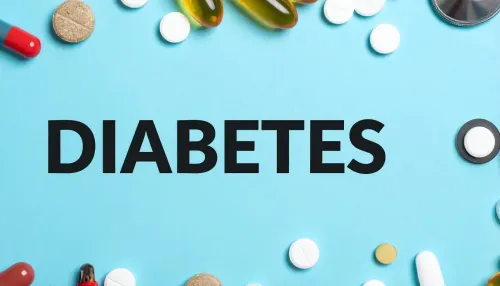Should India Implement Strict Front-of-Pack Labelling for Ultra-Processed Foods?

Synopsis
Key Takeaways
- Mandatory front-of-pack labels are crucial for consumer awareness.
- Ultra-processed foods pose significant health risks.
- Education on nutrition is essential for children.
- The Supreme Court is advocating for better food labelling practices.
- Public health organizations are pushing for regulatory changes.
New Delhi, June 3 (NationPress) India urgently requires strict front-of-pack labelling for ultra-processed foods (UPF), which are pre-packaged food and beverage items high in sugar, salt, and saturated fat, according to public health experts.
A coalition comprising 29 of India's leading public health and consumer organisations has called on the government to enforce mandatory front-of-pack warning labels, especially as evidence mounts regarding the health risks associated with high fat, sugar, and salt (HFSS) or UPF products.
The ICMR-NIN Guidelines, 2024 define HFSS foods as those that exceed recommended limits for added fat, sugar, or salt. These foods are often energy-dense, low in essential micronutrients and fibre, and linked to increased risks of non-communicable diseases (NCDs), including obesity, diabetes, hypertension, and cardiovascular disease.
Professor K. Srinath Reddy from the Public Health Foundation of India (PHFI) stated, “India cannot afford to wait as NCDs rise and children become targets for marketing. Warning labels are straightforward, effective, and backed by evidence.”
The Supreme Court has recently voiced concerns regarding misleading and inadequate food labelling practices.
In a recent episode of ‘Mann Ki Baat’, Prime Minister Narendra Modi highlighted the urgent need to educate children about their sugar intake, urging them to be aware of what they consume.
This year, he also stressed the importance of reducing fat consumption to combat the obesity crisis in India, suggesting that such awareness could help guide children toward healthier choices.
“Without mandatory warning labels, the public remains uninformed. Industry interests must not take precedence over children's right to health,” emphasized Dr. Arun Gupta, Convener of NAPi, a national nutrition policy think tank.
Dr. Gupta further stated, “Globally, self-regulation has proven ineffective. Stringent front-of-pack labelling regulations are essential and must be enforced,” citing the Economic Survey.
During a Public Interest Litigation hearing in April 2025, the Supreme Court directed the government to revise the 2022 Draft Regulation within three months, expressing concern over the lack of information on food packets and products like Kurkure and Maggi.










